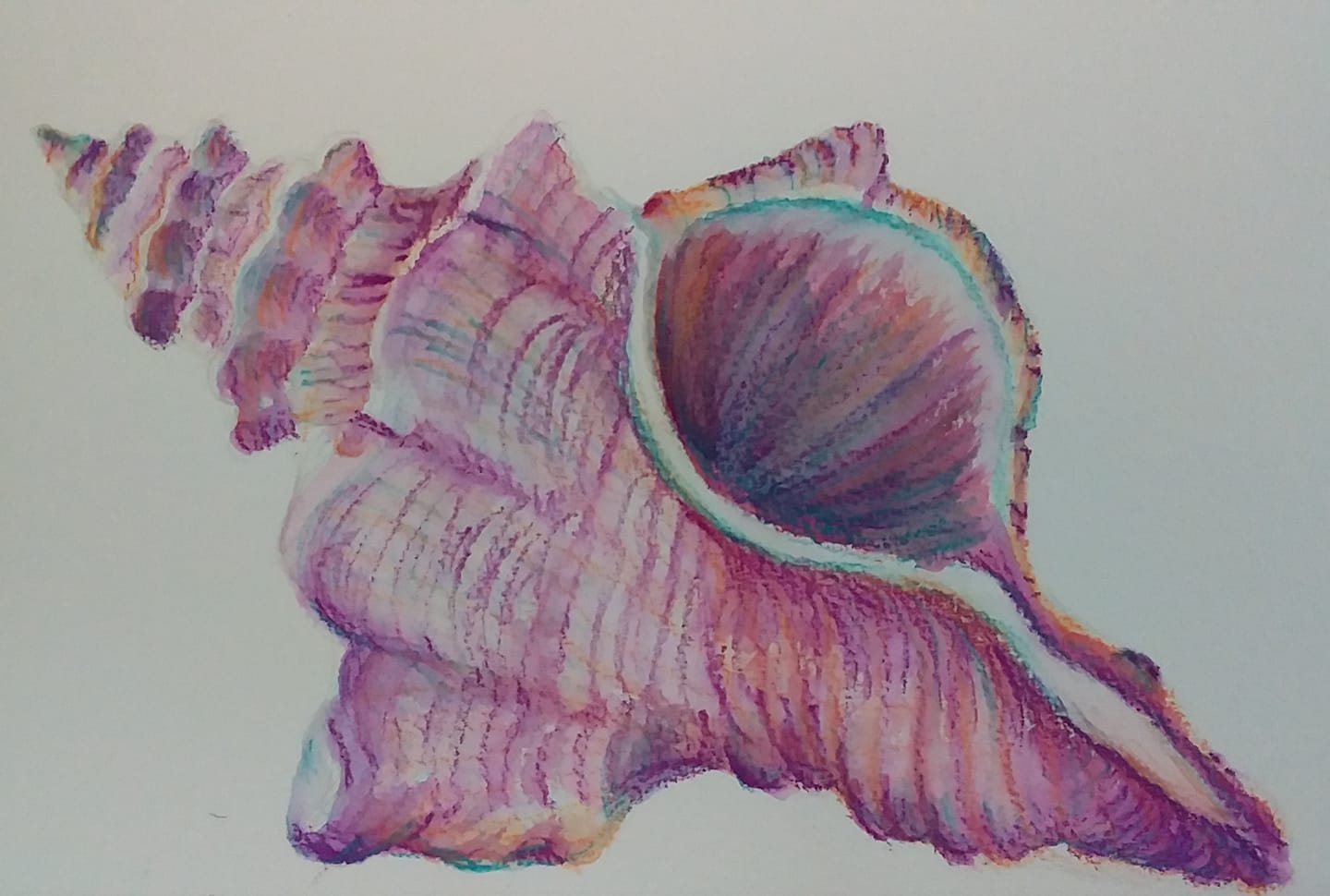Welcome, new subscribers! I should warn you that I mostly like talking about books, so it won’t always be spicy Singapore politics rants here (but you can probably expect a bit of that from time to time).
Finishing Permutation City for the nth time, I need to gush about Greg Egan again. I’ve done it before, of course. Many times. But I never seem to get it fully out of my system, so here we are, the latest version.
I first encountered Egan by accident, around the age of 15, when I acquired a collection of Australian SFF short stories, mostly of indifferent quality.
‘Reasons to be Cheerful’ alone stood out. Twelve-year-old Mark is always happy, thanks to chemicals triggered by a brain tumour, until an experimental treatment destroys his brain’s ability to sense pleasure. When he’s 30, this seemingly permanent depression is fixed by a neural prosthetic, but its design draws on 3,000 donor brains, and anything that would’ve brought any of the donors pleasure does the same for Mark. This indiscriminate euphoria alarms him (“Should I still be like this? Omnivorous?”), and doctors install an interface for him to reshape his preferences at will, bringing dilemmas of its own. This journey confronts him with whether and how happiness, meaning and identity are connected.
I’d already known that hard SF was my jam; I’d been obsessed with Robert Heinlein since the age of nine. But ‘Reasons’ immediately raised the bar on anything I’d ever read. The sharp economy with which Egan unfolded so many concepts – the elegant fusion of plot, emotional and psychological logics – his refusal to patronise the reader or waste your time with anything low-stakes – I was bowled over.
The phrase “ideas man” always pops up around Egan, and he does pack them in with an unforgiving neutron star density (consider the opening to Distress). But it’s a bit like calling Shakespeare a “metaphors man”. Bright jewels are studded in the text, but their enduring shine comes in large part from their arrangement in a carefully woven connective tissue. If Egan is willing to pry loose basic assumptions about metaphysics, technology, physics or biology – and even writing this list is tricky because he destabilises reality with an extravagance no summary can convey – the really impressive part is how he puts the pieces together again, modelling the rippling effects of these manipulations on political economy, culture, ethics, aesthetics… you name it. Egan thinks about the case for everything that goes into his fiction. To read him is to be forced into a plane of sharpened attention.
It sounds absurd, but it’s true: I spent a lot of late adolescence being disappointed that the rest of the world refused to play at Egan’s level. What was the game? The game of thought, I guess, and joining up thought to life, and pushing that nexus always further, more inventively, more satisfyingly. When the first Matrix film was released, and people gushed about its so-called philosophical depth or originality in portraying VR, teenage me was dismayed. This movie was a toddler doodle next to Diaspora. What was wrong with everyone?
If you’re thinking I didn’t sound easy to get on with, and that the Eganmania didn’t really help, you’re probably right. I got hold of Permutation City aged 17, in Oxford, during a debating trip with other Singaporean schoolkids. One look at the first page and I tramped down the stairs of our guesthouse to loudly and excitedly recite the opening poem: “Into a mute crypt, I / Can’t pity our time / Turn amity poetic…”
“They’re permutations!” I yelled at my hapless travel companions. “It’s Permutation City and they’re permutations, do you get it?!” I don’t suppose any of them had a clue what was going on. Hopefully they’ve forgotten it.
Growing up out of bookish, sheltered awkwardness, I was always going to be a little spiky with unanswerable questions. If Egan’s fiction was sometimes too ready to indulge my flights of lonely self-loathing, it also bolstered my faith that there were bigger dreamfish to fry than the small ponds of my upbringing supplied. I think Egan has nurtured in me a taste for rationalism in the best sense of the word: not smugly superior New Atheism (though there’s a bit of that, especially in earlier works, and I was certainly once susceptible), but an ingrained practice of examining and thinking through, well, everything; to expand knowledge of the self and the world in a careful, humane, self-aware way; and critically, to do this not just as a recreational exercise, but as a guide to action.
Egan also has in common with some of my other favourite writers a veneration of work. Like in Byatt and (Susanna) Clarke, there is a golden thread of respect for work more broadly, but also a partiality for the work of inquiry, of knowledge creation, which moves me. I struggled to understand a lot of Diaspora when I first read it, but one image that has never left me is that of Yatima – at the end of great odysseys across space and time, and after grappling with planetary and interstellar crises – returning to Truth Mining, to patiently and steadily unearth more mathematical knowledge.
A final word: I admire and value that Egan’s work is so unapologetically in pursuit of his own sense of what is interesting and worthwhile. He was long ahead of the curve on diversity, for instance, treating it as a matter-of-fact building block of good work, at a time when it would get you laughed at and ignored rather than feted. Today, when it’s much more fashionable in arts and culture, he still simply delivers on it rather than using it as a marketing angle. I don’t think there is a single moment in his fiction which I would ever describe as a cash grab or in any way pandering. I can’t say that I love everything he has ever done, but you can bet I’ll read anything he ever puts out.
Where to start with Egan? For books, I’d recommend Luminous and then Zendegi – but you can also start by sampling ‘The Discrete Charm of the Turing Machine’, a funny and prescient piece on automation and the gig economy. He’s also published a lot of free work online.



